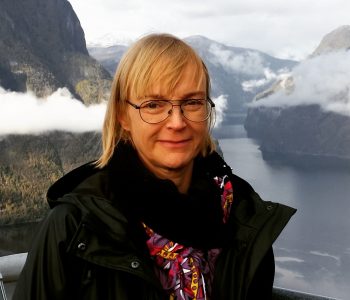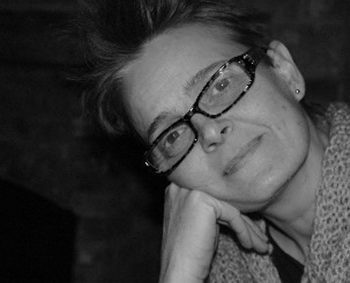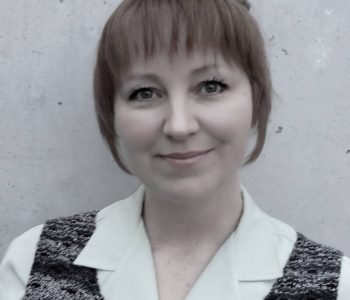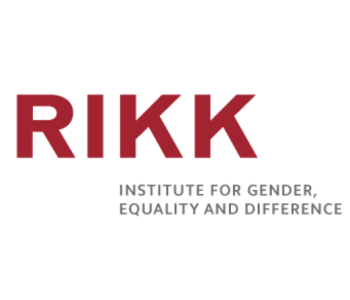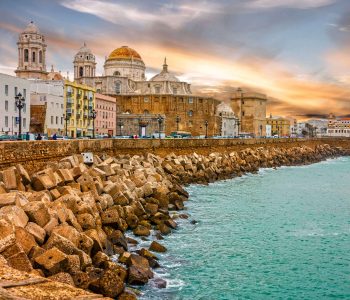 International Collaboration
International Collaboration
Comparative analyses and EGSC conference
Members of the Queer Refugee Research Network, or QUEEN, are jointly working on a comparative analysis of the protection of SOGIE asylum seekers across the Nordic region, concerning the countries of Denmark, Finland, Iceland, Norway and Sweden. Looking at how laws, regulations and practices formulate and execute the right to protection from prosecution based on sexual orientation, gender identity and gender expression. To access relevant information an interview was conducted by Linda Sólveigar with two members of UTL in Iceland, in May of this year. The work on the article is still ongoing, but several members of the group will participate in the 6th European Geographies of Sexualities Conference (EGSC) in Cádiz, 14-16 September 2022. As participants in the roundtable “The ‘exceptional’ Nordic realms? Regulation of sexual and gender borders through legal and institutional approaches to SOGIE asylum claims” where the comparative analyses will be discussed.
